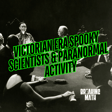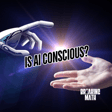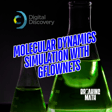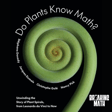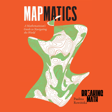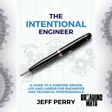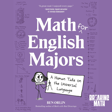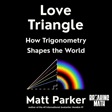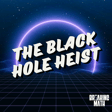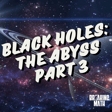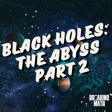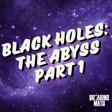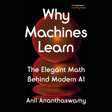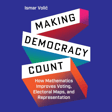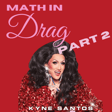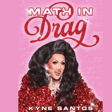
Minisode: Absolutely Nothing
In this episode of Breaking Math, Autumn and Gabe explore the concept of nothingness and its significance in various fields. They discuss the philosophical, scientific, mathematical, and literary aspects of nothingness, highlighting its role in understanding reality and existence. They mention books like 'Incomplete Nature' by Terence Deacon and 'Zero: The Biography of a Dangerous Idea' by Charles Seife, which delve into the concept of absence and zero. The episode concludes by emphasizing the complexity and versatility of nothingness, inviting listeners to think deeper about its implications.
Keywords: nothingness, philosophy, science, mathematics, literature, reality, existence, absence, zero
Subscribe to Breaking Math wherever you get your podcasts.
Become a patron of Breaking Math for as little as a buck a month
Follow Breaking Math on Twitter, Instagram, LinkedIn, Website
Follow Autumn on Twitter and Instagram
Follow Gabe on Twitter.
Have suggestions or want to come on the show? Fill out the form here.
email: [email protected]
